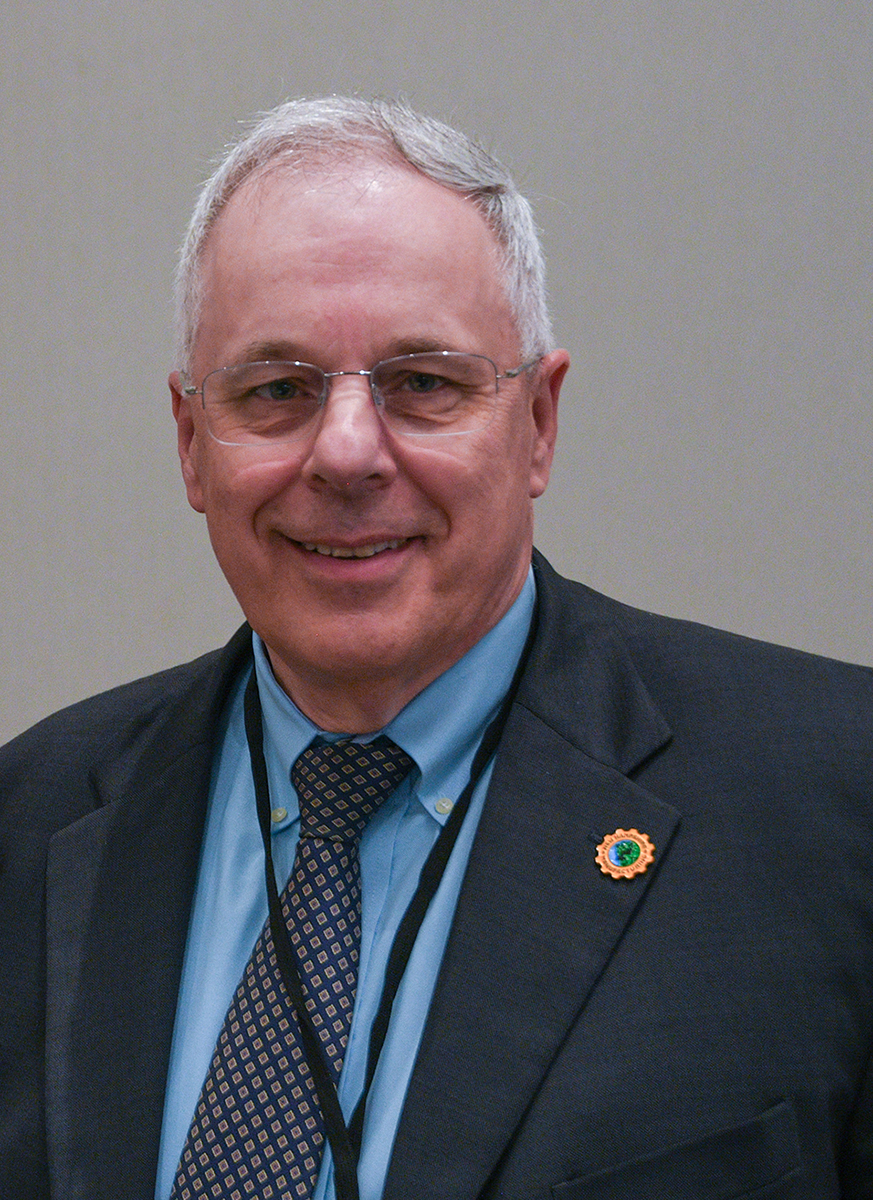NH Manufacturing Extension Partnership President
Tony Fernandez

‘What I want to do is educate,’ reflects Tony Fernadez, president of the New Hampshire Manufacturing Extension Partnership. ‘There’s something you got to give back because, if it wasn’t for the MEP, I wouldn’t be where I am today.’ In late October, the New Hampshire Manufacturing Extension Partnership hosted the 21st annual Governor’s Advanced Manufacturing and High Technology Summit in Concord, bringing together manufacturing leaders to network and learn more about challenges and successes in the field.
Sponsored by M&T Bank and a plethora of other similarly focused companies, the summit included a keynote from Jesse Stoneman, deputy director of public engagement for the CHIPs for America team, as well as addresses from Sen. Maggie Hassan and U.S. Rep. Chris Pappas. Other topics discussed included the impact of AI on manufacturing and a panel dedicated to women in manufacturing.
Leading the charge was NH MEP President and center director Tony Fernandez, whose goal was to develop a strong manufacturing ecosystem in the Granite State.
Q. You’re relatively new to the role at NH MEP. What’s it been like for you so far?
A. I’m new to the New Hampshire Manufacturing Extension Partnership, but I’ve been a client for over 20 years, so knowing how it works and the benefits of it are something that I’ve experienced firsthand. I actually started as a client around 2000 or so in the state of Wisconsin. I was fortunate enough to get my first president’s job, and at that time we needed to change over our business plan. We went from a distribution-based model to an OEM (original equipment manufacturer) model, and as a result of that, one of the first people that we had that came in was the Manufacturing Extension Partnership in the state of Wisconsin.
Every center or every state has a different business model, but basically theirs was more of a collaborative where the bigger companies — the John Deere’s, the Harley Davidsons — basically work with the MEP to train and educate smaller companies, to work with them to get a better value stream and a better supply chain, because in that case, what was happening is mostly through the Midwest.
Q. Can you share more about partnership offerings?
A. In New Hampshire, we get 100% funding from the U.S. Commerce Department, and most other states get some sort of a state matching. Unfortunately, in New Hampshire, we do not get that matching. We are dependent upon workshops and collaborative events to raise funds, so we can educate and help manufacturers.
What we’re trying to do is go and search out the manufacturer who needs some sort of help. And it’s a lot different today compared to what it was years ago. What manufacturers, primarily here in New Hampshire, are looking for is sustainability. We have a lot of small shops that are looking for some sort of a growth plan.
We have problems, obviously, with workforce, but they also need to develop their workforce. They need to understand leadership qualities. They need to understand the value chain. They need to understand the supply chain. The key thing for now is to look at it from a management standpoint as opposed to an engineering standpoint, which the MEP did for so many years.
Q. Can you share more about the summit in October?
A. It went exceptionally well. We, as a group, were happy because the one thing that we wanted to do in this event, more so than in prior years, was developing a networking atmosphere within the manufacturing community.
Having worked in different areas of the country, everything is confined, but in New Hampshire it’s even more confined. And it’s a real problem from an innovative standpoint. What you have is a lot of small manufacturers who are doing great work, who have never had the ability to communicate with each other.
That communication is important for two reasons. One, it’s important from understanding what you’re manufacturing, what your capabilities are, but it’s understanding from the supply chain that there could be somebody who might be able to give you a product.
And I have found in the past four months or so that there are companies here in manufacturing in New Hampshire who are buying from China, who could basically go 3 or 4 miles down the road and get that same product. But there’s never been a real collaborative or cooperative assessment out there to try to get these people to talk to each other.
So, what the summit did is it gave the availability of manufacturers to learn from one another, and we got a lot of positive feedback.
Q. Why get involved with the MEP?
A. It’s a great time to be in manufacturing. I’ve been in manufacturing for well over 45 years. The manufacturing sector took a real big hit in the ‘80s. Everybody offshored. And it was the thought process that was the thing to do. There were other jobs out there. But we’re going to have to bring it back into the United States.
As a result of that, there’s going to be a lot of opportunity.
To read the full interview, visit nhbr.com.